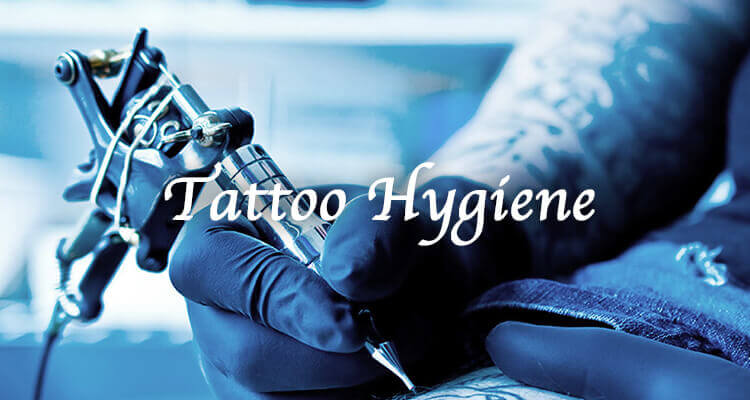Introduction
Tattoos have evolved into a widely accepted form of self-expression and art. As the popularity of tattoos grows, so does the importance of understanding the essential aspects of tattoo safety and hygiene. A safe and clean tattooing experience is crucial for both the client and the tattoo artist, as it minimizes the risk of infections and ensures the longevity of the inked masterpiece. In this comprehensive blog, we will delve into the world of tattoo safety and hygiene, exploring the key factors that contribute to a secure and healthy tattooing process.
1. Choose a Reputable Tattoo Studio
Selecting a reputable tattoo studio is the foundation of ensuring safety and hygiene during the tattooing process. Consider the following aspects when choosing a studio:
Research Reviews and Ratings: Look for customer reviews and ratings online to gain insight into the studio's reputation and the experiences of previous clients.
Check Licensing and Certification: Ensure the studio and tattoo artists hold the necessary licenses and certifications required by local health departments.
Observe Cleanliness: Visit the studio in person to assess its cleanliness, organization, and adherence to hygiene protocols.
2. Tattoo Artist Credentials
The skills and qualifications of the tattoo artist are paramount to a safe tattooing experience. Consider the following factors:
Experience and Portfolio: Review the artist's portfolio to assess their skills, style, and versatility in tattooing.
Health and Safety Training: Ensure the tattoo artist has received proper training in health and safety procedures, including bloodborne pathogen training.
3. Tattoo Equipment and Sterilization
Aseptic techniques and equipment sterilization are vital to prevent infections and complications:
Single-Use Needles: Ensure the tattoo artist uses single-use, disposable needles for each client.
Autoclave Sterilization: Tattoo equipment, such as grips and tubes, should be sterilized in an autoclave before each use.
Ink Usage: Only use tattoo ink from reputable manufacturers to avoid potential contamination.
4. Hygiene Practices During the Tattooing Process
During the tattooing process, certain hygiene practices should be followed:
Hand Washing: Tattoo artists should thoroughly wash their hands before and after each tattoo.
Glove Usage: Tattoo artists should wear disposable gloves during the entire process to prevent cross-contamination.
Surface Sanitization: All surfaces and equipment used during the tattooing process should be sanitized before and after each client.
5. Aftercare Instructions
Providing clear aftercare instructions is essential for the client's well-being and the longevity of the tattoo:
Proper Aftercare Products: Tattoo artists should recommend suitable aftercare products to promote healing and prevent infection.
Explain Aftercare Steps: Clearly explain the aftercare steps to the client, emphasizing the importance of cleanliness and moisturization.
6. Client Health Considerations
Before getting a tattoo, clients should consider their own health and well-being:
Allergies and Sensitivities: Inform the tattoo artist about any allergies or sensitivities to tattoo ink or aftercare products.
Health Conditions: Clients with certain health conditions, such as diabetes or compromised immune systems, should consult their healthcare provider before getting a tattoo.
Conclusion
Tattoo safety and hygiene are essential components of a positive tattooing experience. By choosing a reputable studio, ensuring the tattoo artist's credentials, and following proper hygiene practices and aftercare instructions, both the client and the artist contribute to a safe and clean tattooing process. Emphasizing hygiene protocols and investing in health and safety measures not only protects the clients but also upholds the integrity of the tattoo industry as a respected and professional art form. As you venture into the world of tattoos, prioritize safety and hygiene to create a lasting and beautiful expression of self.

